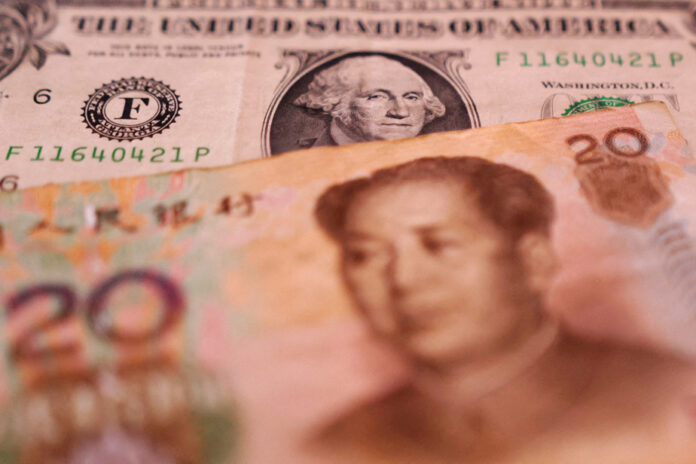China is working very hard to become the world’s largest economy. What would happen in international markets if the US dollar were replaced by the yuan?–Richard Fontaine, Granby
The US dollar has reigned supreme in international financial markets since the end of World War II. This supremacy begins to decline. China is working hard to become the world’s largest economy and to impose its currency, the yuan, in international trade, explains Angelo Katsoras, geopolitical analyst at the National Bank.
It is making progress by getting its business partners to use its currency when purchasing its products. China is now the largest trading partner for more than 100 countries around the world, he finds in a recent analysis. Not all have abandoned the US dollar as a method of payment, but more and more of them are doing so.
Also, for the first time last March, China traded more in yuan (48% of transaction value) than in US dollars.
Despite this progress, the yuan will not replace the US dollar, whose role is disproportionate to the size of the US economy, the day before. Half of the world’s trade, borrowing and debt securities were still denominated in US dollars in 2022, the analyst points out, and 90% of transactions on the foreign exchange market were carried out in US currency.
In addition, central bank reserves are still predominantly made up of US dollars, although this proportion has fallen from over 70% in 1999 to 59% in 2022.
It is explained. If the whole world still believes in the US dollar, it is because the United States is a state of law, which respects property rights and offers investors the security of relatively efficient and transparent financial markets. “The United States does not impose any controls on the flow of funds at its borders,” stresses Angelo Katsoras.
China is an autocratic regime that can eventually change the rules of the game. For the yuan to prevail in international markets, China would have to become a rule of law and lift capital controls to reassure and attract investors. It’s not for tomorrow.















